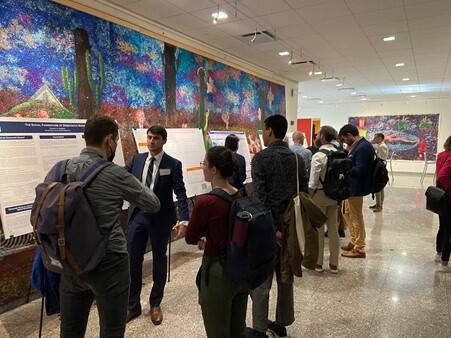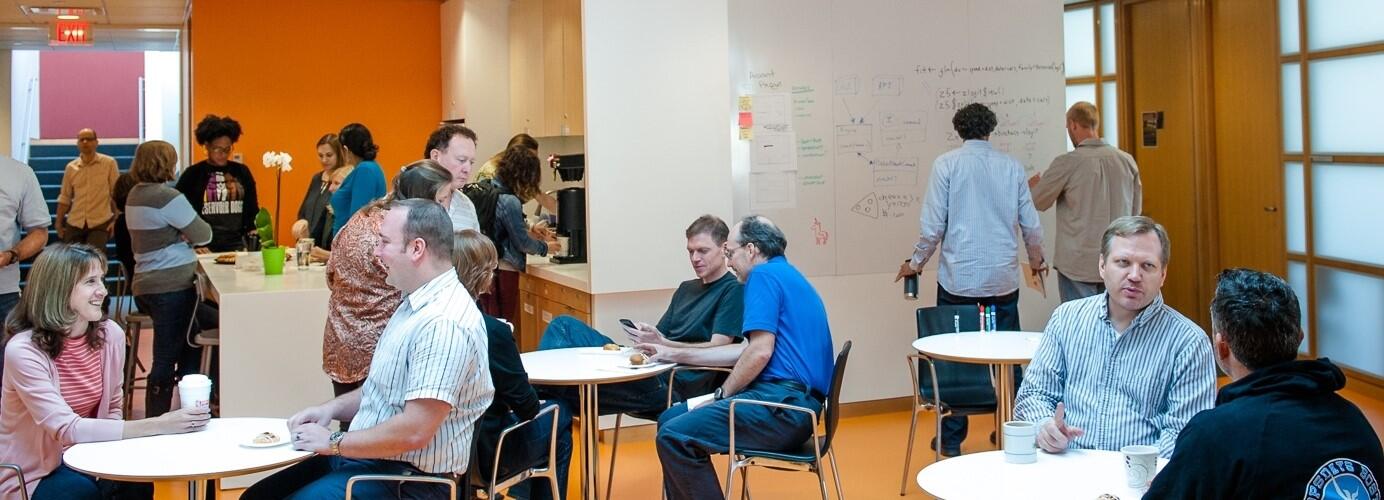
by Peter Buisseret
On June 3–4, Harvard University hosted the 8th Comparative Politics and Formal Theory Conference. The conference was supported by Harvard’s Department of Government and the Institute for Quantitative Social Science through a generous gift from Eric Mindich.
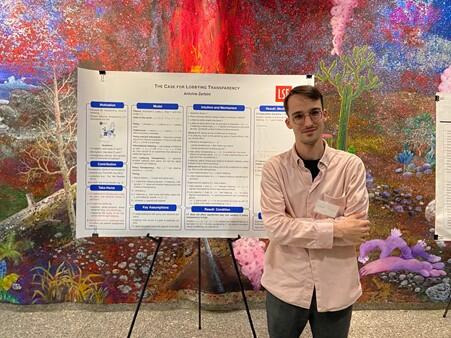
Antoine Zerbini (LSE)
The conference brings together scholars working in formal theory and comparative politics to present their work, and facilitates interaction between theoretical and empirically-oriented researchers. This year, presenters came from institutions that include Yale, Northwestern, Princeton, Rochester, and the University of Chile. Theoretical papers explored how comprehensive and targeted sanctions can be leveraged to shift a country’s policies; the forces shaping protest dynamics, and how changes in voters’ policy preferences shape electoral strategies. Empirical papers studied the relationship between electoral accountability and bureaucratic quality, the quality of political representation, how autocratic regimes endure, and the correlates of centralization and a state’s fiscal development.
Each paper received a critical commentary from a scholar, followed by extended discussion amongst the audience.
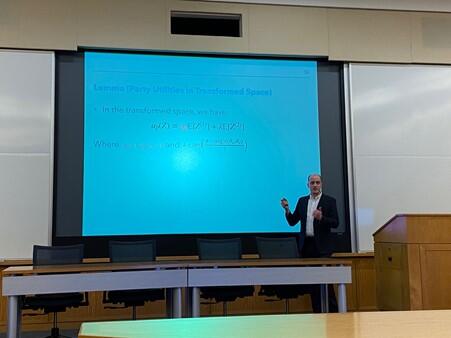
Andrew Mack (Princeton)
One of the conference’s goals is to promote younger scholars at the early stages of their careers. Out of seven papers, three were presented by untenured faculty, and one was presented by an advanced graduate student. In addition, a poster session convened graduate students from Berkeley, LSE, WashU, Rochester, Michigan, Yale, Princeton and Harvard to present their dissertation research. Topics included lobbying transparency, decision-making in the US Supreme Court, and international negotiations.
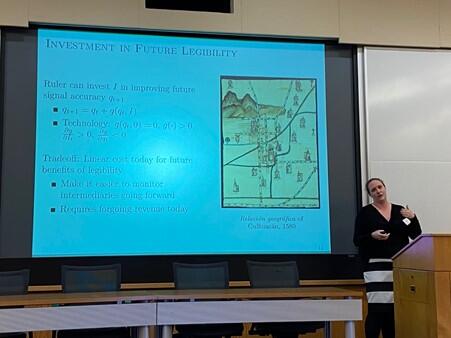
Emily Sellars (Yale)
A great strength of the conference is to promote interdisciplinary approaches to the study of domestic and international politics. By hosting this conference, Harvard plays a leading role in shaping these fields, and their continued search for answers to our most pressing policy challenges.
A link to the conference program can be found here.
